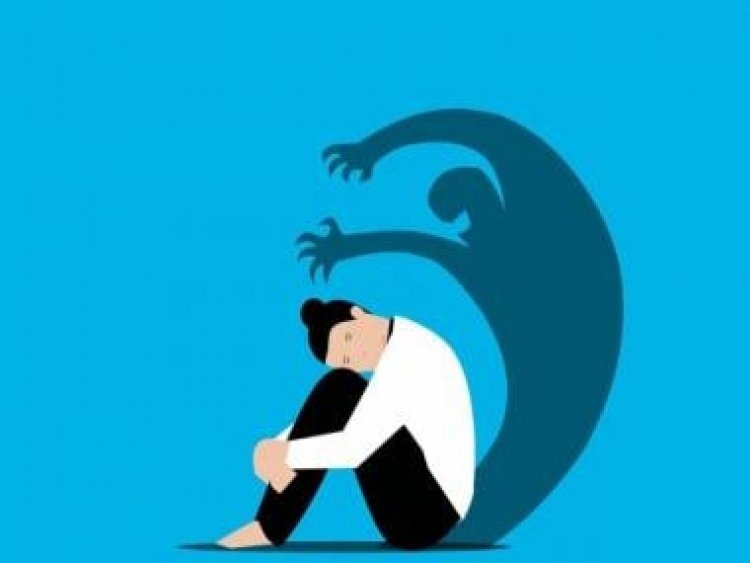Social fatigue is real. Here’s how you can manage it
Social fatigue is real. Here’s how you can manage it

Have you lately been feeling overwhelmed when it comes to attending social events, or dreading the weekend because of your social commitments? If yes, then it may be a good time to pause and ask yourself whether you are struggling with social fatigue.
Social fatigue, as the term indicates, is linked to a sense of exhaustion or tiredness we experience in relation to social situations or after social interactions. The fatigue shows up physically and emotionally in feelings of irritation, feeling that you overextended yourself during a social conversation with either one friend or large groups of people. As one of my 27-year-old clients mentioned to me, “Just being around people and having to focus, talk, and being attentive drains me, I feel I’m socially overextending myself and fatigued”.
Often, as a result of social fatigue, we seek more ‘me time’ or a desire to limit social interactions for some time. What’s important to remember, is that social interactions can get stressful for anyone, irrespective of whether a person is an introvert or extrovert. If you are experiencing social fatigue, then you must know that many people across age groups, particularly Gen Z and millennials are reporting how it’s leaving them exhausted.
Most people have missed social connections and community since March 2020. Maybe now, when it comes to social commitments, there is a desire to catch up and sometimes even overcompensate for the lost time. We want to make our weekends productive, and socially optimizing them may lead us to overschedule our calendar. The good thing is that once you recognize what social fatigue can look and feel like for you, there are steps you can take to manage the situation. Here are a few ways:
The trap of overscheduling
Catch yourself when you find yourself going down the path of overscheduling your calendar with back-to-back social commitments on the weekend or setting up social plans after a hectic workday. It’s okay if on workdays, you have very little energy for social interactions and prefer to avoid them.
Recognise social interactions that enrich you
All social interactions are not created equal. There are friends, acquaintances in whose presence you feel nourished and then those around whom you feel depleted, so being mindful about whom you want to spend time with and when, would help.
Identify your own limits
When it comes to socializing, everyone has their own limits, so recognizing it and being self-compassionate in the context of how long you stay at a social event or how many social events you line up is a choice you need to make. Discern for yourself, and when it makes sense, say no to a social plan.
Find an activity that allows you to be on your own
Identify an activity - a sport, a hobby or interest - that allows you time to connect with your own self and relax. Listening to a podcast while you’re out for a walk, or calming songs when you’re unwinding at home or reading, or absolutely stepping away from your phone during swimming or a yoga session - all of these things can help.
It’s okay to take a pause
Make space for rest, and give yourself permission to choose when you need to socially engage and when not is crucial. Taking a pause is as important as engaging in any other social or professional activity.
The author is certified clinical psychologist, and Spotify advocate for its mental health initiative, ‘Pause with Spotify’ Views are personal.
Read all the Latest News, Trending News, Cricket News, Bollywood News,
India News and Entertainment News here. Follow us on Facebook, Twitter and Instagram.
What's Your Reaction?



























































